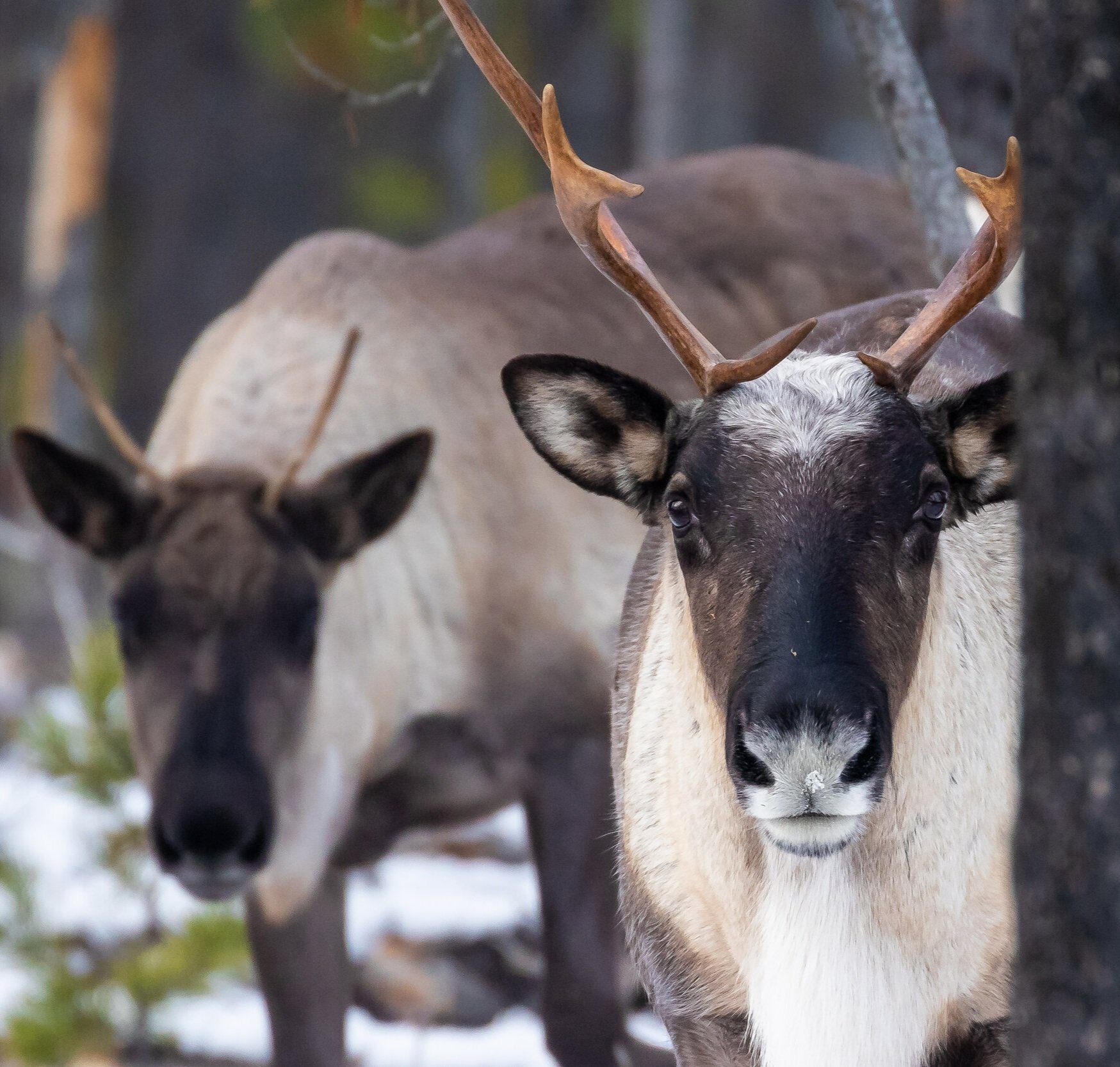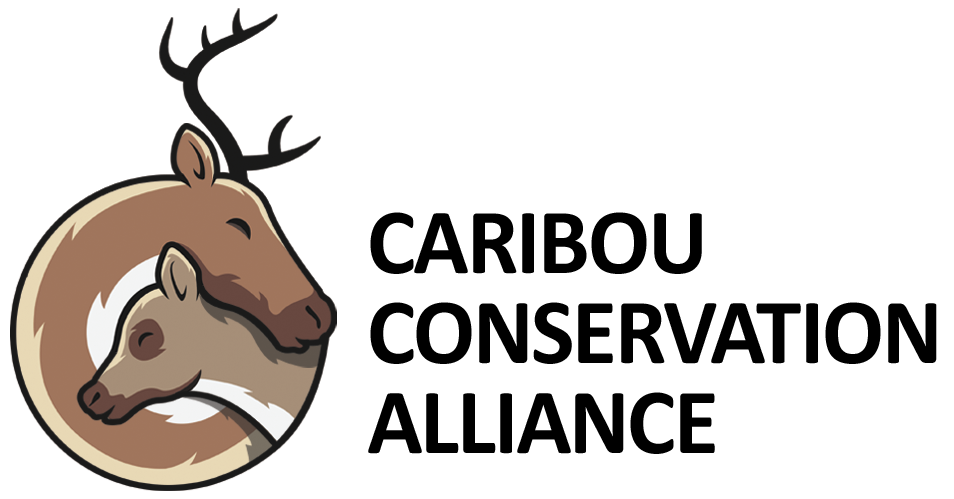
National Caribou Reproduction Network
Caribou, along with many other species in Canada and around the world, face significant pressures from their changing environment. An iconic and important umbrella species, caribou are at risk across the country. Although habitat protection and restoration are fundamental priorities for caribou conservation, the precarious state of many populations warrants the consideration of additional approaches, including the establishment of ex situ conservation programs.
Reproductive success is a key determinant of species sustainability. As with other health parameters, it is readily impacted by disturbance, as well as nutritional and other stressors, which can ultimately lead to reduced pregnancy or calving rates. Understanding the reproductive health of declining populations is an important step towards mitigating the challenges being faced. However, when numbers decline to levels that preclude long-term self-sustainability, conservation breeding and reinforcement/reintroduction can provide critical support for the genetic and demographic viability of vulnerable populations. Over the past 25 years, conservation breeding and reinforcement/reintroduction programs have been implemented for several Canadian species to support in situ recovery activities, including but not limited to black-footed ferret, Vancouver Island marmot, eastern loggerhead shrike, and Oregon spotted frog.
Assisted reproductive technologies (ARTs), which include a suite of methods from semen evaluation and artificial insemination (AI) to in vitro fertilization (IVF) and embryo transfer (ET), can play an important role in the management of a conservation breeding unit by ensuring contribution from all individuals and maintenance of desirable levels of genetic diversity. Whether utilized for basic fertility assessments or the enhancement of natural breeding outcomes, ARTs provide an added level of support and insurance to any breeding program. Furthermore, establishment of a genome resource biobank containing frozen sperm and embryos permits the introduction of genetics into the breeding unit across time without concern for the reproductive lifespan of the individual.
Purpose
The National Caribou Reproduction Network (NCRN) provides a forum to facilitate knowledge sharing on caribou reproductive biology and engage the caribou management and research communities in evaluating the role of conservation breeding and assisted reproduction programs to support ex situ and in situ management plans.
Steering Committee
Gabriela Mastromonaco, Toronto Zoo, NCRN Chair
Pierre Comizzoli, Smithsonian Conservation Biology Institute
Micheline Manseau, Environment and Climate Change Canada
Amélie Mathieu, Caribou Conservation Alliance
Robert McCorkell, University of Calgary
Claude Robert, University of Laval
Doug Whiteside, Calgary Zoo
